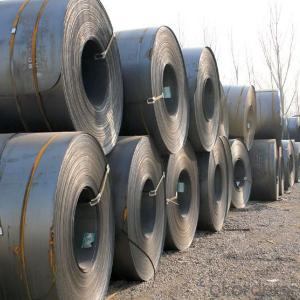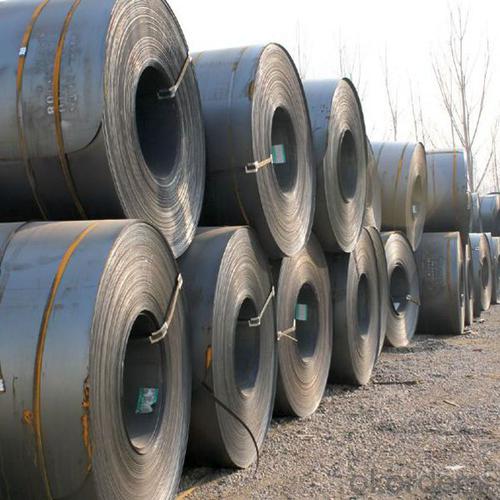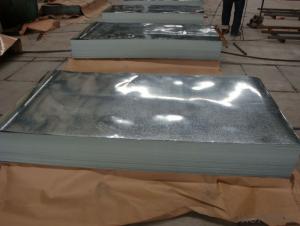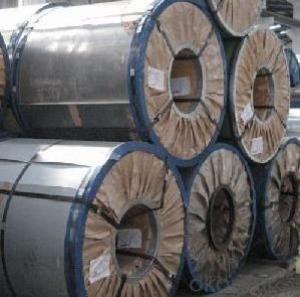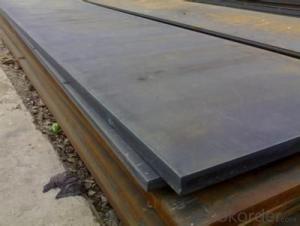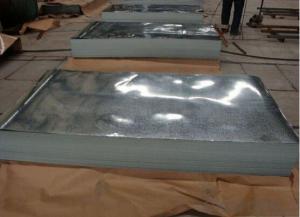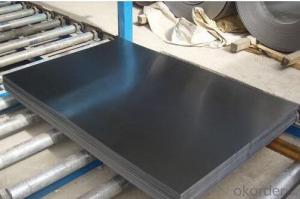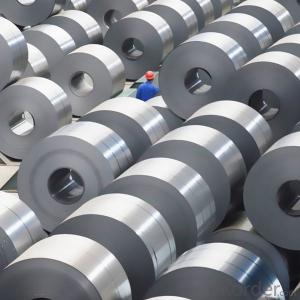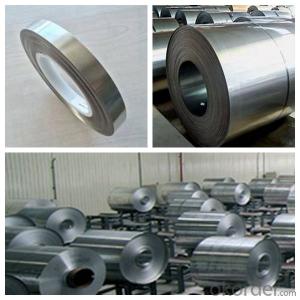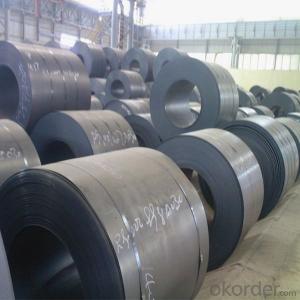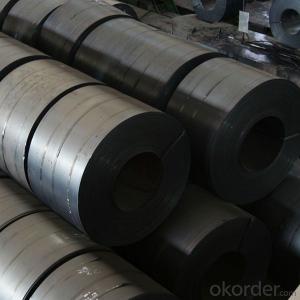Cold Rolled,Hot Rolled, Steel Plates,Steel Coils,Made in China With Good Quality
- Loading Port:
- Tianjin
- Payment Terms:
- TT OR LC
- Min Order Qty:
- 28 m.t.
- Supply Capability:
- 500 m.t./month
OKorder Service Pledge
OKorder Financial Service
You Might Also Like
Specification
DESCRIPTION FOR CARBON STEEL PLATE
Product | carbon steel plate price per ton |
Place of origin | Tianjin,China mainland |
MOQ | 25 tons |
Thickness | 1mm-200mm |
Width | 1000mm-3000mm |
Length | 1000mm-2000mm |
Application | widely |
Standard | AISI,ASTM,BS,DIN,JIS,GB,etc |
Grade | A572,A573,A633,A678,A709,A710,G3101,G3136,etc |
Tpye | Steel plate |
Surfacing | Coated |
Productive Technology | Hot Rolled & Cold Rolled |
Price | FOB USD 500-900 per ton |
Port | TIANJIN,SHANGHAI |
Payment Terms | L/C,T/T,Western Union,MoneyGram |
Product Ability | 1000 tons per month |
Delivery | 10 days after deposit or according to customers' quantity |
Packing | standard seaworthy export packing or as the request of customers |
DESCRIPTION FOR CARBON STEEL PLATE
Production | hot rolled steel coils ss400 |
Port | Tianjin, China |
Category | Minerals & metallurgy |
Thickness | 1.8-16mm |
Width | 1000-1500mm |
Coil Weight | about 23 tons |
Material Grade | SS400\Q235\Q345B |
Technique | Hot Rolled |
Standard | GB ,JIS |
Test | With Hydraulic Testing, Eddy Current , Infrared Test |
Surface | 1) Bared 2) Black Painted (varnish coating) 3) Galvanized 4) Oiled |
Package | in bundles, strapped by strips. Or as customer’s requirement |
Sample | Common products, we can provide freely, for special production,we can depends on negotiation. |
MOQ | 50 tons |
Payment | 100% L/C at sight, 30% T/T in advance, and the balance against the copy of B/L or negotiation |
Delivery time | Within 10-25 days, according to quantity, asap save customer’s time |
Certificate | ISO |
TRADE TERMS :FOB, CFR, CIF
EXPORT MARKET FOR STEEL COILS/SHEETS
Our target market is the international market. Every year we export most of products to countries like India, Pakistan, South Korea, Brazil, Australia, South Africa, Spain, Sri Lanka, Taiwan, Hong Kong, etc.
DETAILED PICTURES FOR STEEL COILS
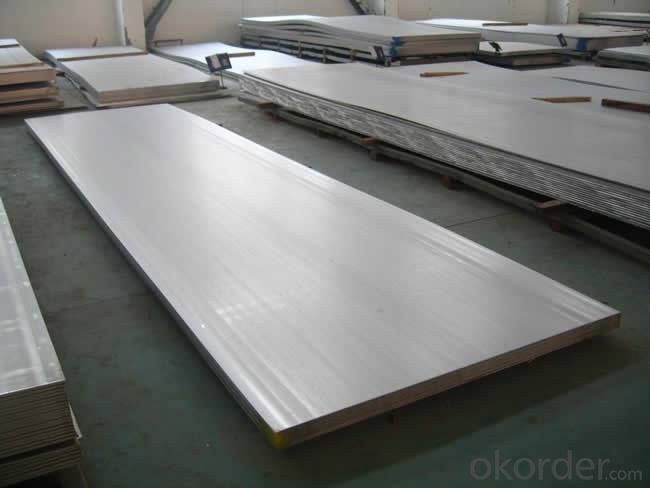
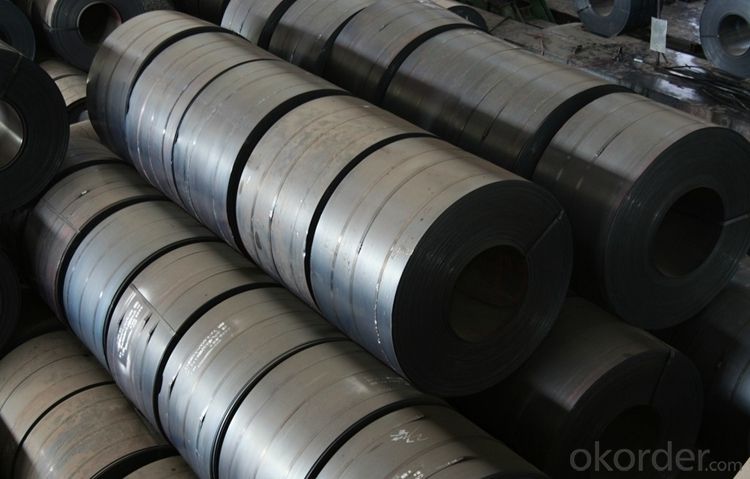
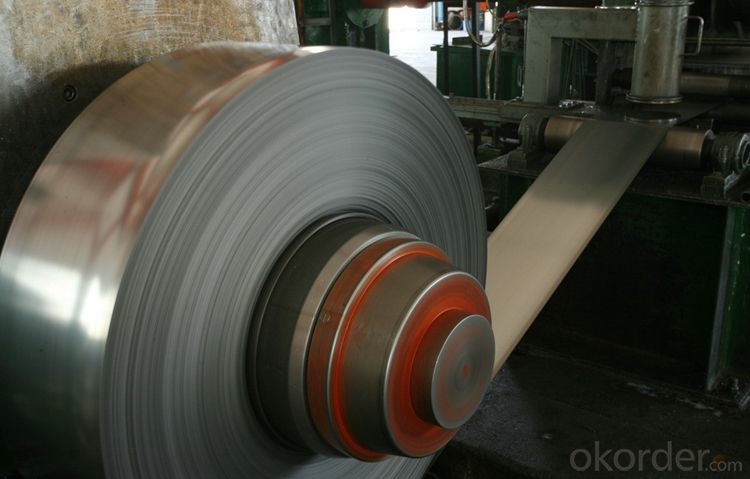
PACKING:
1.Big thickness:by bulk vessel
2.Small thickness:packed by steel strips and shipped by container
3.According to the requirements of customers'
FAQ:
FAQ:
Q:How about the trade terms?
A:EXW,FOB,CFR,CIF will be accepted.
Q:How about your payment terms?
A:30%TT in advance and the balance against of copy of B/L.The irrevocable L/C at sight will be accepted.
- Q: What is a steel sheet?
- Manufactured through hot rolling or cold rolling, a steel sheet is a rectangular, flat, and thin piece of steel. It finds wide application in industries like construction, automotive, and manufacturing. Due to their versatility, steel sheets can be effortlessly cut, bent, and shaped to cater to specific needs. They are available in different sizes and thicknesses, and their exceptional durability and strength make them a preferred option for applications demanding structural integrity, corrosion resistance, and wear resistance. To augment their properties and safeguard against rusting, steel sheets can undergo further treatments such as galvanization or coating.
- Q: Can the steel sheets be used as a magnetic surface?
- Yes, steel sheets can be used as a magnetic surface.
- Q: What is the price of each steel sheet?
- The price for each steel sheet can differ based on several factors like size, thickness, quality, and market conditions. To obtain an accurate and current price for the particular steel sheet you intend to buy, it is recommended to consult steel suppliers or manufacturers.
- Q: What are the common industries that use steel sheets?
- The common industries that use steel sheets include construction, automotive, aerospace, manufacturing, energy, and shipbuilding.
- Q: How are steel sheets protected during shipping?
- Steel sheets are typically protected during shipping by being wrapped in a layer of plastic or paper, and then secured with steel bands or straps to prevent movement and potential damage. Additionally, wooden or steel pallets are often used to provide a sturdy base and further protect the sheets during transit.
- Q: Can steel sheets be used for signage or displays?
- Yes, steel sheets can definitely be used for signage or displays. Steel is a versatile material that offers durability and strength, making it suitable for both indoor and outdoor applications. Steel sheets can be cut, bent, or welded into various shapes and sizes, allowing for the creation of custom signage or displays. The smooth surface of steel sheets provides an excellent canvas for painting, printing, or applying vinyl graphics, making them ideal for showcasing logos, messages, or visual content. Additionally, steel sheets can be powder coated or galvanized to enhance their resistance to corrosion, ensuring long-lasting and attractive signage or displays.
- Q: Can steel sheets be used for automotive wheels?
- No, steel sheets are not typically used for automotive wheels. Instead, wheels are commonly made from aluminum alloy due to its lighter weight and better performance.
- Q: Can steel sheets be used for insulation in buildings?
- No, steel sheets cannot be used for insulation in buildings. Steel is a highly conductive material, meaning it allows heat and cold to transfer easily through it. Insulation, on the other hand, is designed to prevent the transfer of heat, cold, or sound. Therefore, materials such as fiberglass, mineral wool, foam board, or cellulose are commonly used as insulation in buildings, as they have low thermal conductivity and can effectively reduce heat loss or gain.
- Q: What is the typical yield strength of a steel sheet?
- The typical yield strength of a steel sheet can vary depending on the specific grade and thickness, but it is generally around 300 to 400 megapascals (MPa).
- Q: Are steel sheets suitable for HVAC equipment?
- Yes, steel sheets are suitable for HVAC equipment. Steel is a durable and strong material that can withstand high temperatures, resist corrosion, and provide structural support. It is commonly used in the construction of HVAC systems, such as ductwork, air handlers, and exhaust systems, due to its excellent mechanical properties and ability to meet the demands of the HVAC industry.
Send your message to us
Cold Rolled,Hot Rolled, Steel Plates,Steel Coils,Made in China With Good Quality
- Loading Port:
- Tianjin
- Payment Terms:
- TT OR LC
- Min Order Qty:
- 28 m.t.
- Supply Capability:
- 500 m.t./month
OKorder Service Pledge
OKorder Financial Service
Similar products
Hot products
Hot Searches
Related keywords
